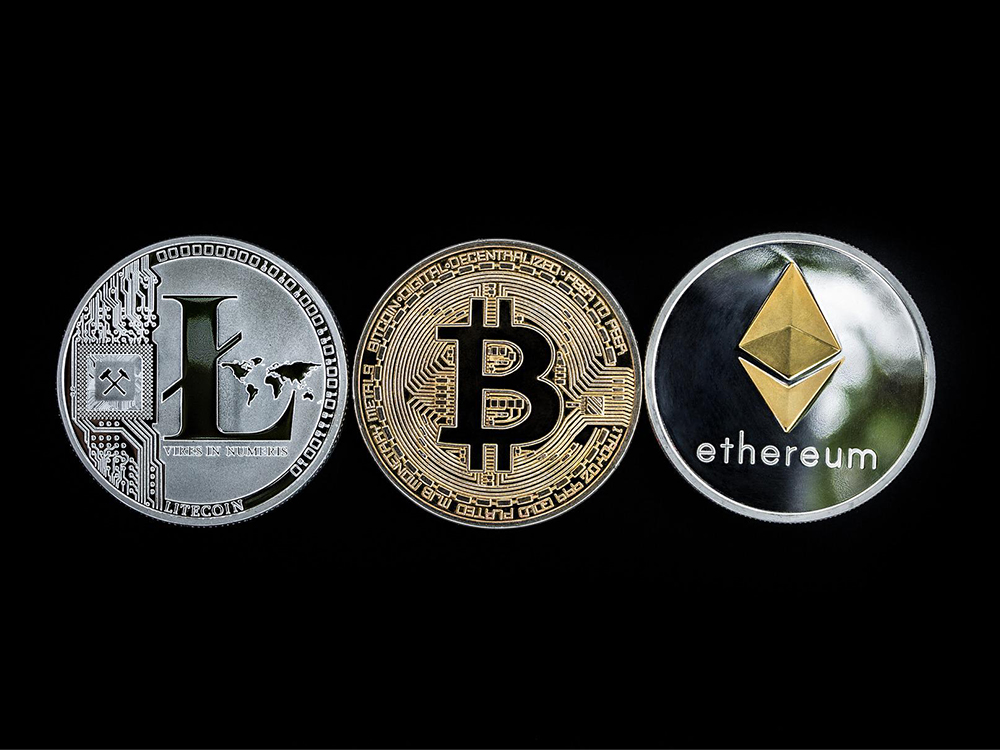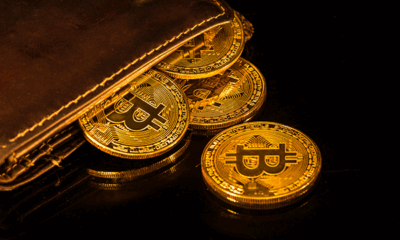Blockchain Technology
The Basics of Cryptocurrencies, Crypto Wallets and Passphrases

The most valuable things that people use on a day-to-day basis, such as business and credit cards, IDs, licenses and photographs, are usually put in wallets. And people usually keep it close to them. Still, wallets are often left behind somewhere, misplaced or stolen. The same is true for crypto wallets.
Since owning, trading and investing in digital currencies, more popularly called cryptocurrencies nowadays, became a trend globally, it became more imperative to store and safeguard these non-traditional assets. Bitcoin, the pioneer digital currency, was originally created to serve as digital cash that can be used to purchase anything and everything.
Today, cryptocurrencies are mainly used for trade and act as an investment. There are different types of coins, Bitcoin and its different implementations, altcoins and stablecoins. If you are interested in acquiring crypto or starting an investment, you must first do some research about the type of coin that suits you and check out the different crypto exchange platforms where these may be bought. Being impulsive is a big no-no.
It is also necessary to check the market performance of a digital asset. You must be aware that the value of cryptocurrencies fluctuates, and these are usually valued differently unlike traditional currencies like the dollar, yen or pound.
Stablecoins, on the other hand, are pegged similarly to these world currencies to lessen volatility. Of course, traditional currencies are also subject to volatility and fluctuation depending on performance of the national economy.
A reputable exchange platform on which cryptocurrencies are bought and traded is then next on the research list. Here, you may open an account where your identity will first be verified as required by anti-money laundering regulations.
You will also be prompted to use a digital or crypto wallet to buy in and store your assets. You, as the account holder, will need to provide a mnemonic passphrase consisting of about 12 to 24 words to be able to use and control this wallet when making transactions.
There are two main kinds of crypto wallets—the cold and hot wallets. A cold crypto wallet is one that is stored in a hardware or an external flash drive. This means that the assets will be kept offline and unconnected to exchange sites, although fund transfers and other transactions can only be made when using the internet.
Placing one’s coins in a cold wallet is actually recommended, as data and assets may be stolen if left connected to the net or cloud. A hot wallet, on the other hand, is a wallet that is almost always connected to the Internet.
You must not forget your passphrase and where the wallet is stored. Storing your passkey digitally must also be avoided, and it is better that the mnemonic phrase is written down. It is also suggested by experts that the passphrase and wallet be stored separately or in two safety deposit boxes in two different locations, so if one is compromised, you still have the other one.
Remember that if you lose your passphrase, you lose your cryptos and money. They still exist on the blockchain, but no one can gain access to it anymore. It is only sensible that appropriate measures be taken in order to keep these properties secure—the way you would protect traditional and physical assets.
-

 Press Release5 days ago
Press Release5 days agoBellarium ($BEL) Price Prediction: Could It Hit $5 by 2026?
-

 Press Release2 days ago
Press Release2 days agoClinical Trials Market Set for Robust Growth, Driven by Drug Development Surge and Digital Innovation
-

 Press Release3 days ago
Press Release3 days agoIndustrial Boiler Market Expected to Surpass USD 24.4 Billion by 2035 Amid Growing Demand for Energy Efficiency and Industrialization
-

 Press Release3 days ago
Press Release3 days agoPreventive Vaccines Market to Witness Strong Growth by 2035
-

 Business4 days ago
Business4 days agoHow Managed IT Solutions Help Small Teams Compete at Enterprise Scale
-

 Press Release3 days ago
Press Release3 days agoGreen Bio Chemicals Market Poised for Sustainable Growth amidst Global Shift to Eco-Friendly Alternatives by 2035
-

 Press Release3 days ago
Press Release3 days agoFill-Finish Pharmaceutical Contract Manufacturing Market Expected to Flourish Amid Biopharmaceutical Boom and Global Outsourcing Trend by 2035
-

 Press Release3 days ago
Press Release3 days agoPet Food Nutraceutical Market Set for Robust Expansion Amid Rising Demand for Pet Wellness by 2035

























